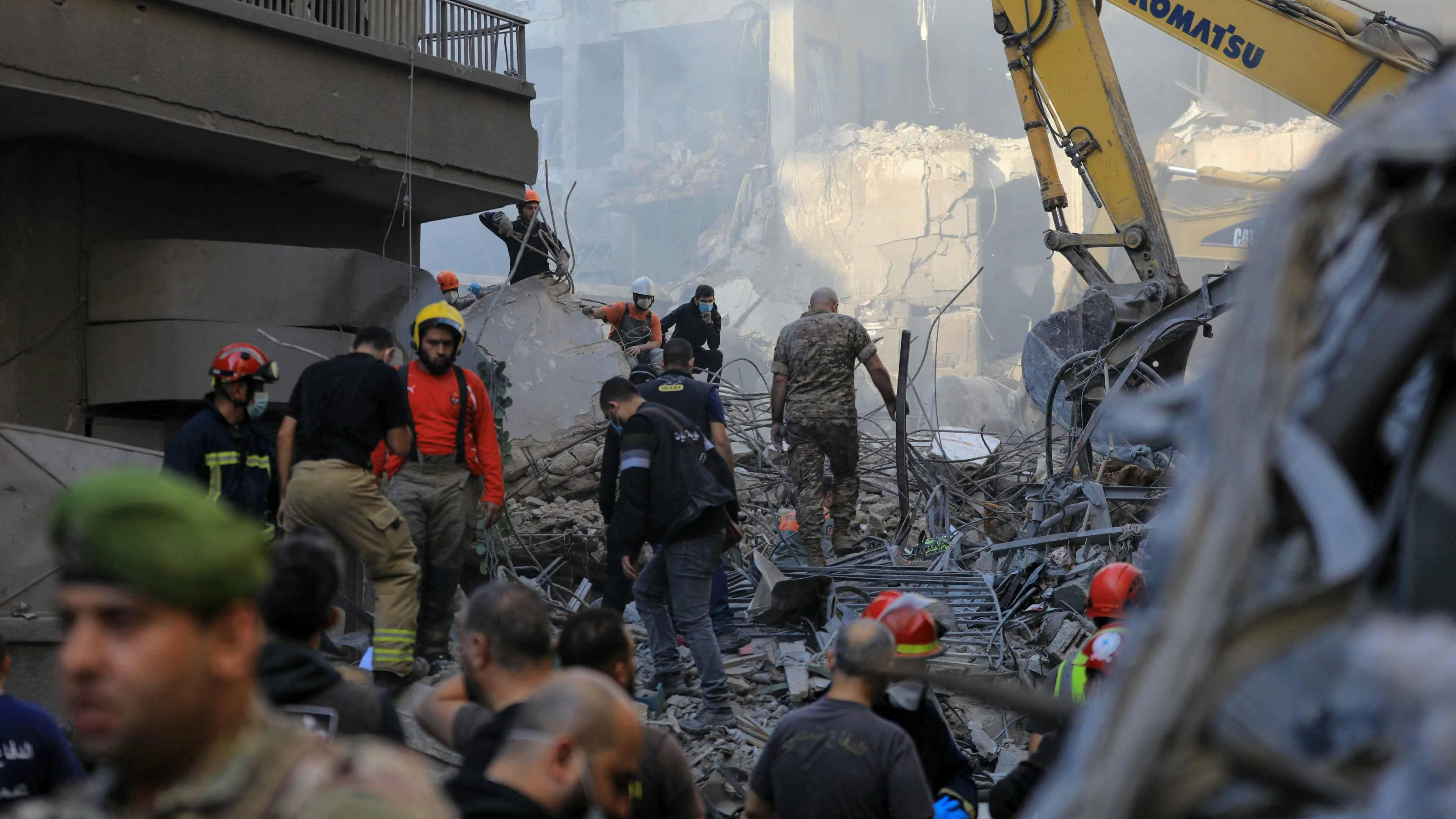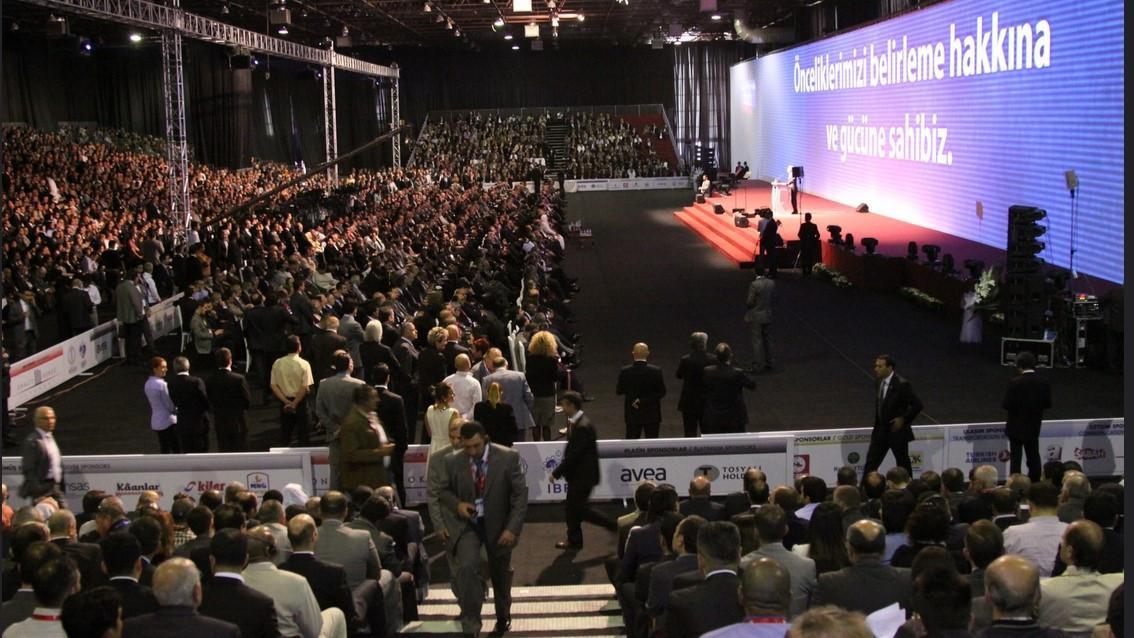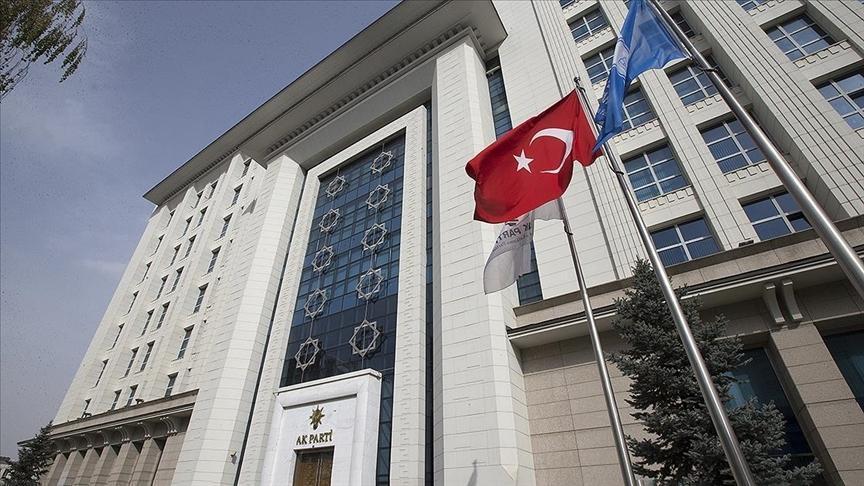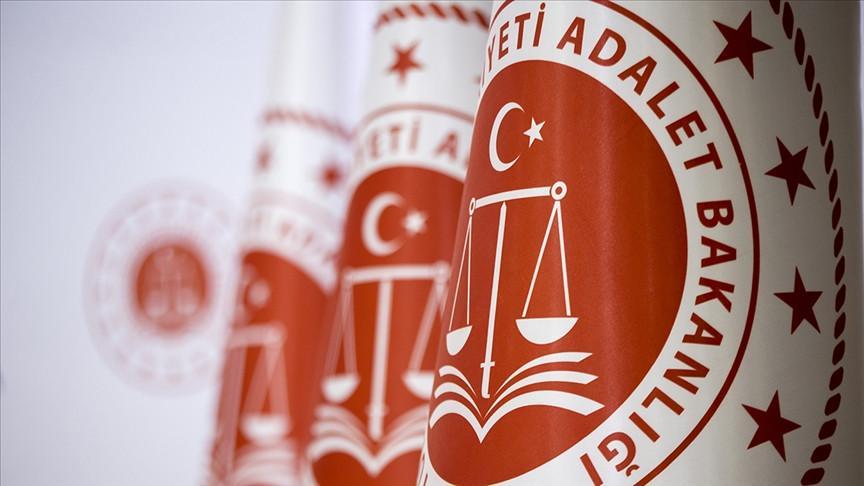Turkish FM calls for ‘pluralist new Syria’
ANKARA
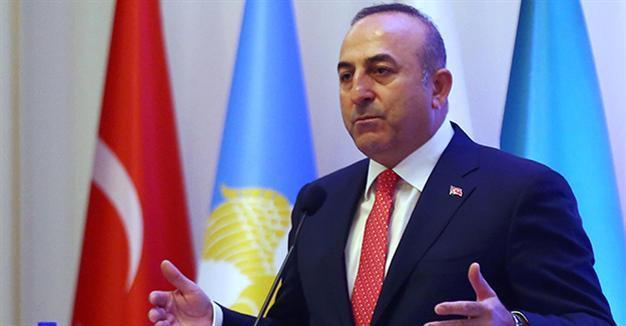 Turkish Foreign Minister Mevlüt Çavuşoğlu has called for the implementation of a “real political transition” to a “pluralist new Syria,” amid reports of a new constitution being drafted for Syria.
Turkish Foreign Minister Mevlüt Çavuşoğlu has called for the implementation of a “real political transition” to a “pluralist new Syria,” amid reports of a new constitution being drafted for Syria. “A real political transition needs to be implemented for a new democratic Syria, based on the rule of law, in which people can elect their leaders through their free will,” said Çavuşoğlu at a meeting of the Syrian Turkmen Assembly held in the Turkish capital of Ankara.
“You represent the will of the Syrian Turkmen. Our aim is that our Turkmen brothers, who are an indispensable component of Syria, have their say in the administration of the country,” the minister said.
Saying Turkey supported the Syrian people’s aspirations for a “pluralist and freedom-based state,” Çavuşoğlu said this support was regardless of Syrians’ origin or doctrine – including Turkmen, Arabs, Kurds, Sunnis, Christians, Alawites and others.
Çavuşoğlu also said he would never forget “the victims of the Syrian regime, the Democratic Union Party [PYD] or the Islamic State of Iraq and the Levant [ISIL],” recalling that Turkey was sheltering more than 3 million refugees fleeing war in Syria and Iraq, including 300,000 Turkmens.
On the same day, a United Arab Emirates newspaper stated that a new Syrian constitution, drafted by lawmakers in Damascus, was presented to Russian Foreign Minister Sergei Lavrov in March, who in turn gave a draft to his U.S. counterpart John Kerry.
One of the most striking differences in the new constitution would be the omission of the word “Arab” from the countries name, thus making it the “Syrian Republic” from the “Syrian Arab Republic,” Gulf News reported on its website on May 25.
“Another notable change in the new constitution is omitting Article 3 which says that ‘Islam is the religion of the President of the Republic,’” said the report, adding that it open the way for especially Syrian Christians to become president.
The new charter also gives Syrian Kurds the constitutional right to use the Kurdish language, which was a taboo topic in all previous charters, in their towns and villages, providing that it is placed “on equal footing with the Arabic language,” the report stated.
It said that the new constitution was debated during the months of April and May by presidential envoys from Moscow and Washington, and was expected to see the light, at least in draft, by August 1, as mandated by U.N. Security Council Resolution 2254.
The new charter also empowers Syrian districts with a strong de-centralized system of government, greatly reducing the authority of Damascus.
“In theory, this means that in addition to choosing their own language, these districts can now elect their own governor, rather than have him or her appointed by Damascus officialdom,” it said.
With regard to the Syrian Presidency, the new charter keeps the age at 40 for running for office but cancels a clause that says a Syrian president needs to hail from two Syrian parents and prevents him from marrying a non-Syrian woman.


